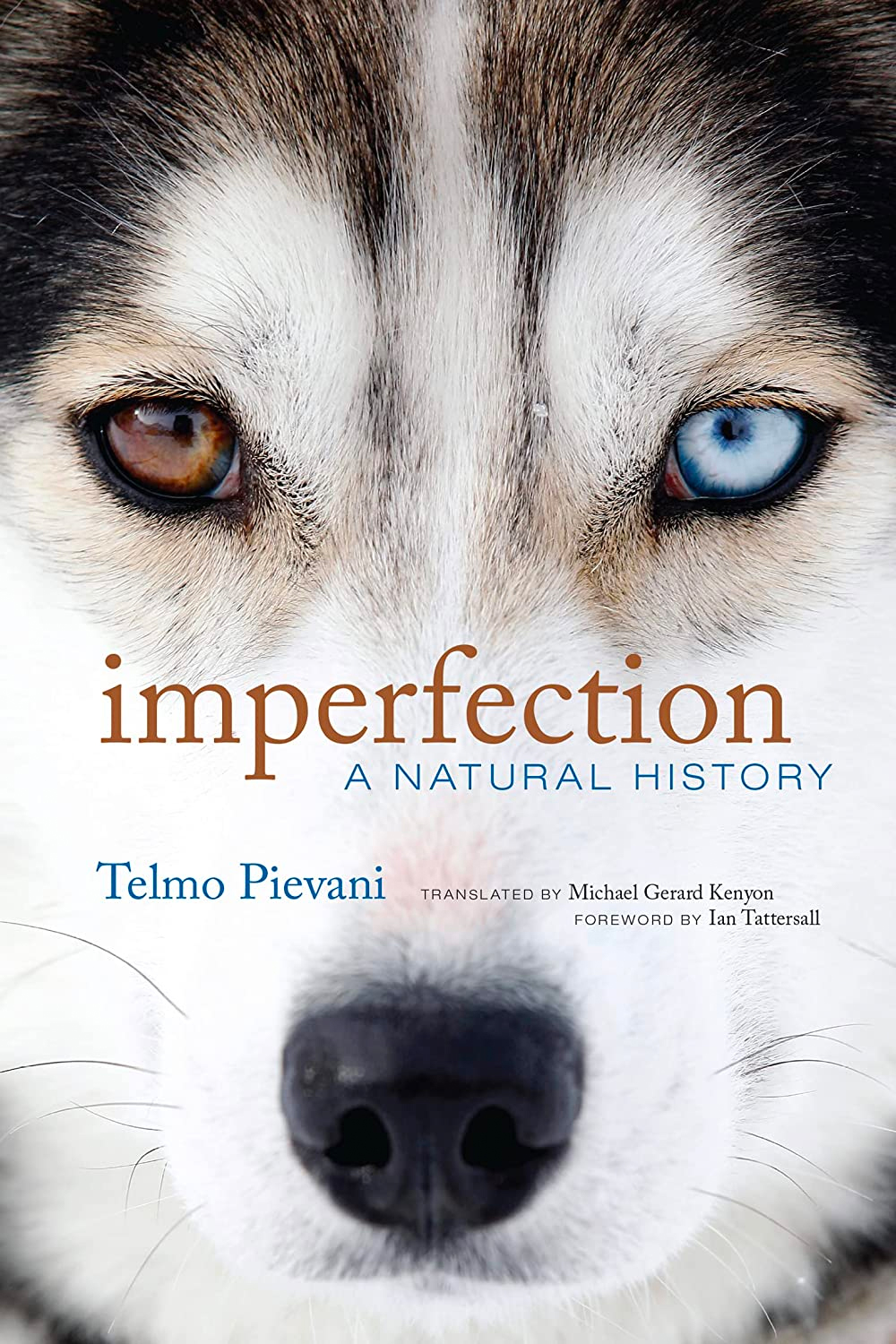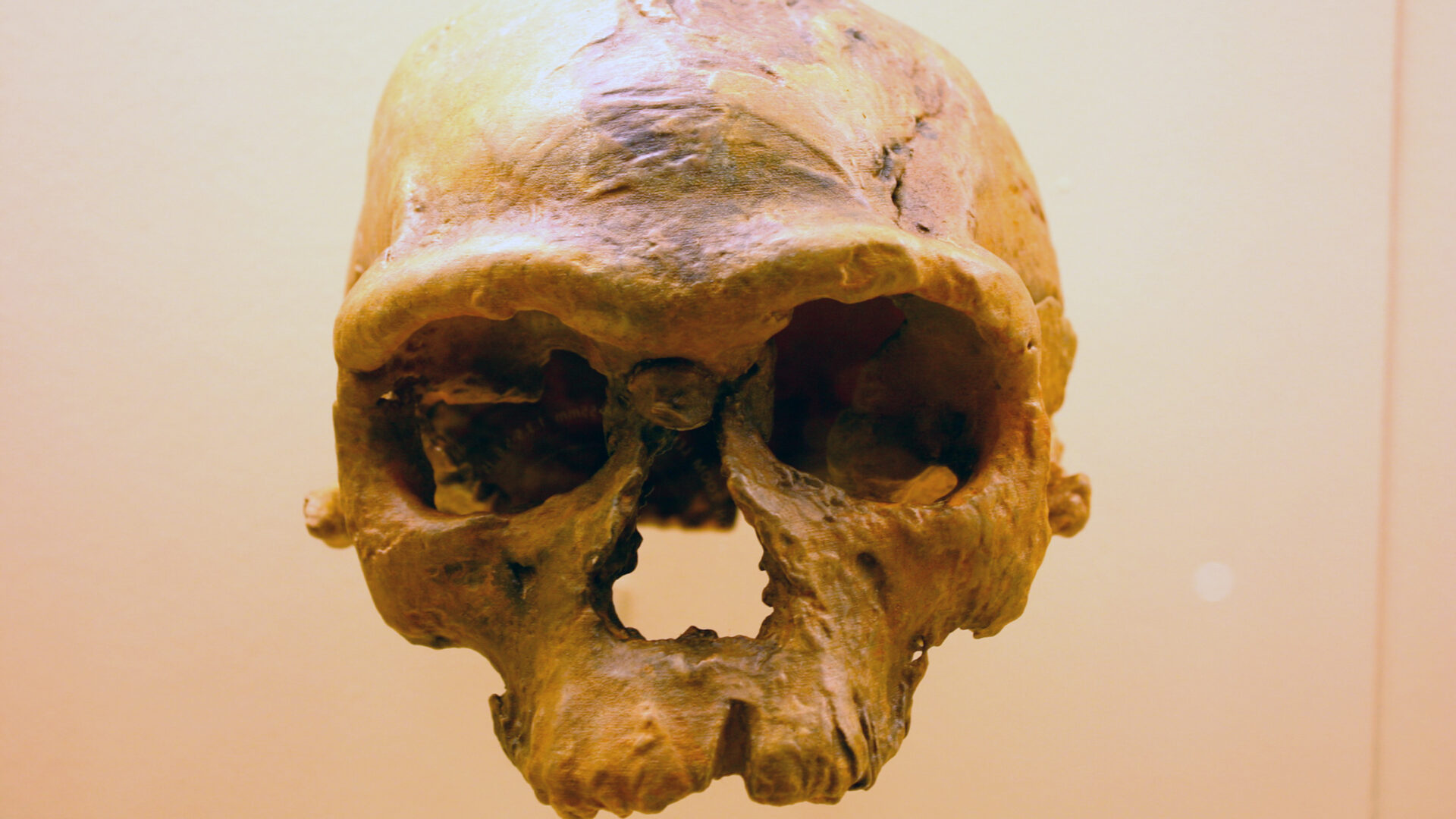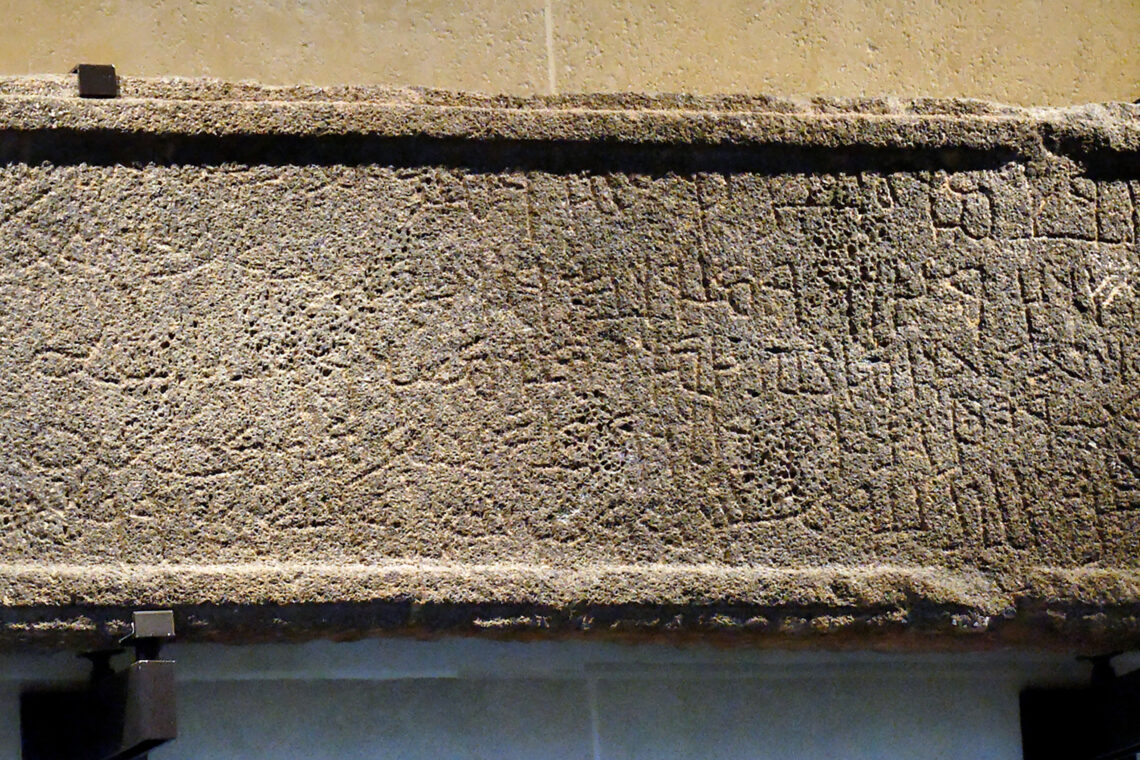Can we ever talk about evolution when we know, as the Italian biologist Telmo Pievani tells us in Imperfection: A Natural History, that human beings are shoddily made creatures, reservoirs of long discarded and dormant genes, trolling the planet earth like zombies that have survived the cataclysmic events of vanished times? Our makeshift bodies, stitched together from dead and living genes, need a more semantically correct description. But then our inability to describe our condition correctly is, paradoxically, one of the expressions of our flawed nature. Human language, Pievani says, is “the source of countless and tiresome misunderstandings, arbitrary associations between words and meanings, vague generalizations, lexical ambiguities, and semantic incongruences as well as all manner of idiosyncratic irregularities. Besides wonderful theatrical plays, these imperfections have provoked divorces, broken friendships, and wars.”

How, then, shall we proceed? Maybe some background to this sad state of affairs is needed to remind ourselves that we have not been crafted by a supreme being with magical engineering powers. To be sure, in the beginning was the almighty void raining particles (the Roman poet Lucretius describes such particles, or atoms, as clinamen in his defining poem On the Nature of Things) that kept to their straight lines, as if they were in some kind of primitive atomic shower until, some fourteen billion years ago, one devilish atom swerved from its prescribed path and clashed with another, thereby triggering a chain reaction that led to the birth of our dangerous universe, one that is thankfully destined to expire, one way or the other.
I don’t know the math, physics, or chemistry that led scientists to this conclusion (I can’t even imagine the biblical god going back that far in time!), but this first act of creation was, to our purposes, insignificant until, more than ten billion years later, a metabolism, or amoeba, emerged out of a bubble of water, kept growing, split into two, duplicated itself, and encoded information to transmit to future generations. Almost all the species that populated our planet since then have gone extinct (dinosaurs have survived as birds). Hominins separated from our common ancestor with the chimpanzees some six million years ago; four million years later, the genus Homo developed a brain (a delicate but powerful organ which, like testicles, is sensitive to temperature); and, finally, 200,000 to 300,000 years ago, Homo sapiens appeared in Africa, while the Neanderthals roamed Europe. Gradually, humans developed new skills, including writing some 5000 years ago, thereby reshaping the original brain.
Actually, even the majestic brain is a sure index of our imperfect, if not fallen, nature. A “two-faced Janus” because it consists of an archaic amygdala, cerebellum, and basic ganglia to ensure basic survival, while the overlayered neocortex or prefrontal cortex supplies control and reasoning powers, it takes almost two decades to fully develop. But because we became bipedal and our pelvises can’t expand further, the fetus is forced to get out at nine months and spend the rest of the time developing within its social environment. One positive aspect of this anomaly is it makes our lives more interesting. “The brains of those who read and those who never learned to,” Pievani writes, “are brains that are not only culturally but biologically different.” In fact, “using one technology rather than another sculpts the functioning of our cortex differently,” which “means that biology and culture influence each other.”
Almost nothing in our bodies would get a passing grade in a design and engineering class. That is because, as Charles Darwin puts it, “conditions of existence” affect the “unity of type.” A genetic trait that conferred major advantages in conditions that no longer prevail “becomes a handicap or a dangerous imperfection” in new settings. Evolution doesn’t produce new models, but tinkers with older ones, leaving us, at the end of the day, encumbered with useless traits that were once sources of strength. Our DNA tends to hoard junk or dormant genes that can be reawakened by mistake and produce freakish-looking infants born with tails because the caudal vertebrae under the pelvis are remnants of our forgotten quadruped nature.
We all know that the cecal appendix is the “vestigial tract” of a longer intestine that has shrunk in time, but I didn’t know that the chin serves no functional purpose whatsoever (Neanderthals didn’t have them) and that in an utterly flawed design, the urethra runs through the prostate, causing all kinds of pain when the latter gets inflamed. (We are not supposed to live long enough to experience prostate issues.) The fact that we stand erect causes a torrent of defects in our bodies, affecting our feet, neck, and abdomen, as well as aggravating our colds. We breathe, speak, and digest (all vital functions) through the same tube, basically, which can lead to deadly nightmares, like choking. Most ominous of all to our already imperiled planet, we are not equipped with foresight because, during most of our existence, we lived for the moment. Homo sapiens have already “exterminated more than a third of all other life-forms in the last five centuries.”
There is something oddly liberating about reading Imperfection. You begin to see humans as artifacts of an utterly indifferent nature, comically swashbuckling through life as if they were objects of high significance, not a cheap mishmash of junky and useful genes, the amalgamation of the archaic and the new. It makes you wonder whether we can do any good besides living for the moment and trying to challenge evolution even more by seeking to prolong our life spans through heroic medical and social measures. Do we ever have enough? Pievani states that “the protective mechanisms developed by natural selection do not work so well after we have passed the reproductive age.” Living longer will only accentuate our ailments. We should let nature take its course—that’s the very least thing we could do to atone for our tragic existence.





Comments are moderated by the editor and may not appear on this discussion until they have been reviewed and deemed appropriate for posting. All information collected is handled in a manner consistent with our privacy policy.